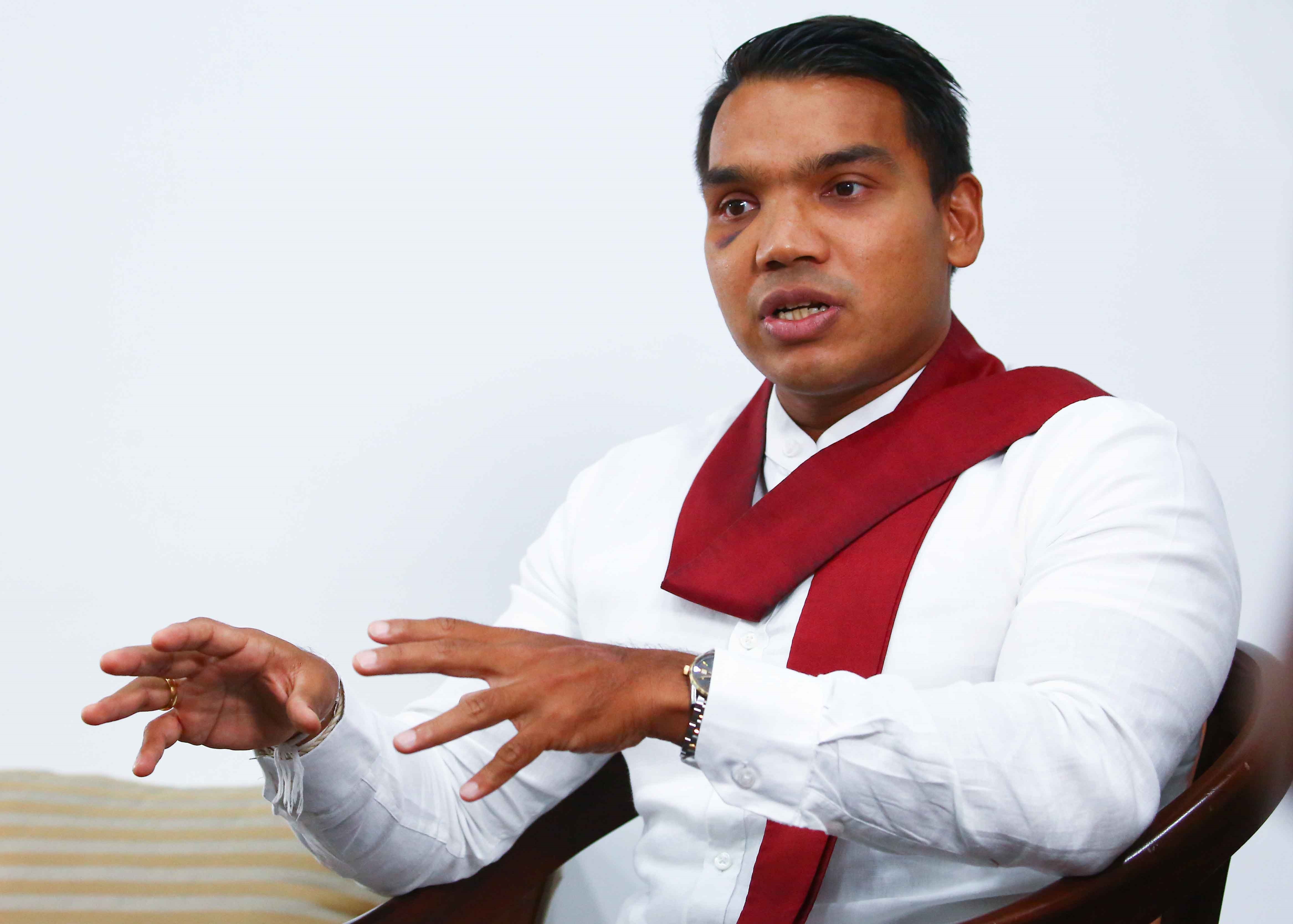Canada questions motive behind diaspora bans, says will not help reconciliation
Canada on Monday expressed concern over Sri Lanka’s motive in proscribing fifteen Tamil diaspora groups and over 400 individuals, saying the move would not help post-war reconciliation in which diaspora Tamils had an important role.
A spokesperson from Canada's Department of Foreign Affairs, Trade, and Development (DFATD) told Tamil Guardian:
“We are concerned about the motives of the Government of Sri Lanka in taking this action and regret that this will not help advance genuine post-conflict reconciliation, a process in which diaspora communities have an important role to play."
"We are particularly concerned about the effect of this order on freedom of speech and association in Sri Lanka," he added.
Noting that some of the individuals and entities listed resided in Canada, the spokesperson made assurances regarding the exercise of freedom of speech by the Tamil community within Canada.
“The Sri Lankan government’s actions do not constrain the freedom of these groups and individuals to express their views in Canada,” he said.

